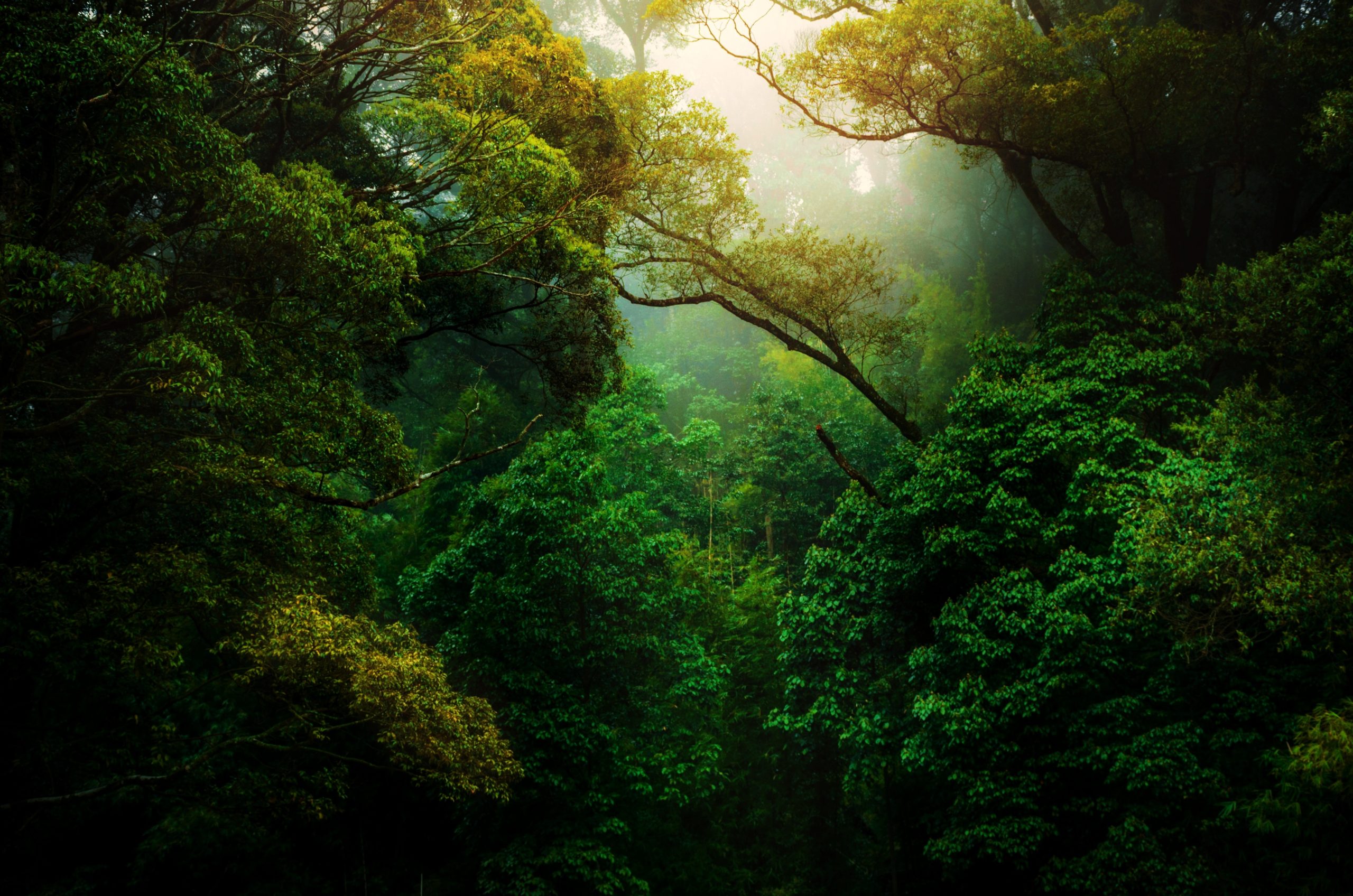[Written by Sofia Della Sala (she/her)]
[Photo by Kunal Shinde on Unsplash]
CW: death/dying
Amidst the current crisis, another one has been put on the back burner. The climate crisis has fallen even further down the agenda, leading to wildfires tearing through Australia and California. Last March the cars spluttered their last puff of CO2 and the airplanes rested their wings. No one moved – we were in our first lockdown – and the world was stagnant. The earth breathed a sigh of relief, as clear skies emerged across the globe. Maybe this virus was just what we needed to save our planet and to heal nature.
The earth is suffering from a wound and we’re adding salt to it. Contrary to the sights of dolphins somersaulting and high fiving over bridges in Venice, the climate crisis hasn’t subsided because of the pandemic. CO2 emissions have gone down by 8%, but the problem is still imminent. The emissions must be at zero, for there to truly be a dent in the climate crisis and we are 92% off. You may say it’s a start, trying to appeal to the optimist in me (good luck, I haven’t seen her since March), but decreasing emissions by just ‘a bit’ lulls us into a false sense of improvement when, in reality, the outcome hasn’t changed at all.
It is undeniable that we are exploiting the earth and causing irreversible damage. However, we need to be careful when we convey the message that nature is intrinsically ‘good’ and humans intrinsically ‘bad’. It is very damaging to run the narrative that humans are some parasite that is unnatural, and as soon as we are ‘removed’ from the equation, the balance is restored, and the world at peace once more. Nature, by definition, is destructive. Although dinosaurs no longer roam the stone stacked palaces of the earth, this isn’t because of human interference. They were wiped out by an innocent, ‘natural’ asteroid.
Humans have developed to survive, and we have fought against nature’s destructiveness to do so. Still, this can become problematic when our advances circle back and exacerbate the destructive nature of, well, nature, which is the case with the climate crisis which threatens our very existence. The solution isn’t to ‘return to nature’, but to move forward with new solutions and ideas; to improve.
Let’s take transportation as an example. Before cars, people used horses; it was quicker and more efficient, but there was dung everywhere and the horses needed a lot of maintenance. Then came the car, it was even faster and more efficient and we no longer had dung-covered streets. For a while moving around was easier, and then scientists started to report rising carbon emissions. Global warming was out of control to the point that the planet would struggle to survive if we kept on that trajectory. Suddenly we realised that cars are no longer better, no longer ‘good’. But that doesn’t mean we should return to wading through dung-filled cities. Instead, we need to innovate and look to the future, for example: invest in public transport and renewable energy.
We can only hope that the current situation will instigate this change. If we continue to decrease our emissions yearly by roughly 8%, as we have managed to in 2020, we would be able to drastically slow down the global heating that is currently on track to barrel past the 1.5⁰C point of no return.
It is possible to restructure society for the better, and we have done it as a result of a pandemic before. During the black plague in the 14th century, economic collapse brought about a new economic system. The first labour laws were introduced, wages went up and rent went down. A reorganisation of life happened across the continent, just the reorganisation of life we see today with social distancing, face coverings and lockdowns. Back then, the economy readjusted for the betterment of the people. How about we reorganise the economy for the betterment of people and the environment this time? Because if we do, we might finally allow the wound to heal, even if this wound leaves a scar. Good thing is, I think scars can be beautiful.

